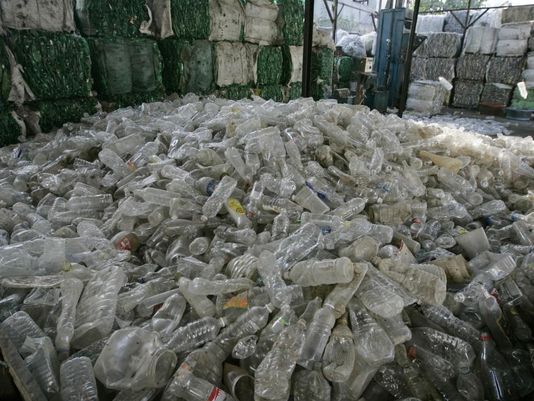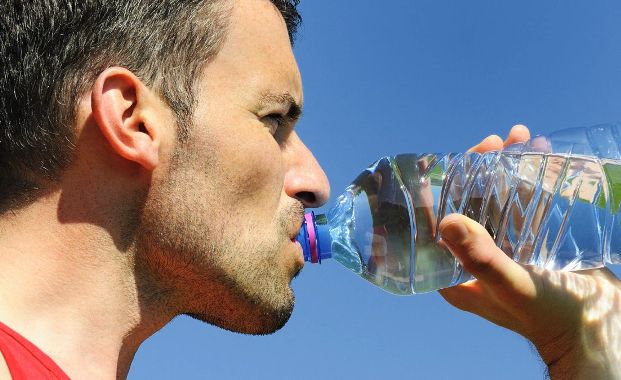Advertisement
Montreal Wants to Ban Plastic Water Bottles
| By Lauren Boudreau
Advertisement - Continue reading below

Say goodbye to Poland Spring. Montreal, Canada could be the first metropolis to ban water bottles made of plastic, according to reports.
The water bottle ban proposal comes from Mayor Denis Coderre, who recently passed legislation banning disposable plastic bags. That law is set to take effect in 2018. Coderre says the water bottle will be next.
“I raised the subject of plastic water bottles because it’s an environmental nuisance — more than 700 million of these single-use bottles end up in Quebec’s landfills every year,” Coderre told USA Today in an email. “In Montreal, we are lucky to have excellent tap water, which is tested several times per day. We tend to forget that our water is of such good quality, that some companies even bottle it directly and then people find themselves paying for it.”
While Montreal may be the first metropolis to ban plastic water bottles, its not the first town. In fact, Concord, Massachusetts, banned them in 2013 and now sells water in paper cartons. The small Australian town of Bundanoon banned them in 2009. Other cities, such as San Francisco and Hamburg, Germany, prohibit the sale of plastic bottles in city buildings.

However, not everyone in Montreal was happy with the announcement. The Quebec Bottled Water Association says the proposal is unfair.
“Water isn’t the only thing in plastic bottles — juice and carbonated drinks are also in plastic bottles. Drinking water is healthy. Why ban just the water bottles?” Dimitri Fraeys, vice president of innovation and economic affairs of the association, said. “If I put myself in the shoes of tourists who come to Montreal and there are no water bottles — what will they drink?”
Nicolas Montpetit, the director of Regroupement des Eco-Quartiers, is quick to point out that drinking Montreal’s tap water is sometimes better than drinking bottled water “because you don’t know how long the water was sitting” there. He even suggested that if someone is concerned about chlorine in tap water, all you have to do is put a pitcher of water in the fridge to let it evaporate.
If the ban passes, it wouldn’t go into effect for a few years, but would be a huge step toward a more sustainable future.
Advertisement - Continue reading below
Share
On Facebook
